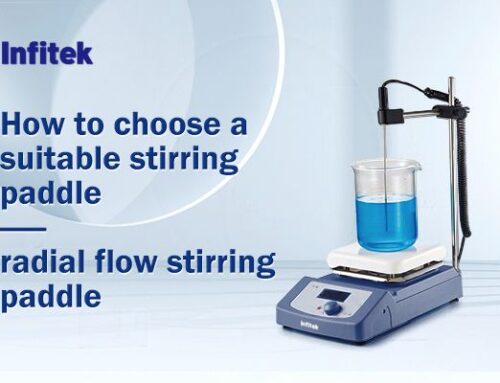The Karl Fischer method is a widely used analytical method for the determination of moisture content in a wide variety of samples. The method involves the use of a specific reagent known as Karl Fischer reagent, which reacts with water to produce a measurable change in the electrical conductivity of the solution. Here are the steps involved in the Karl Fischer method:
1. The sample is dried and weighed to obtain an initial weight.
2. A known volume of Karl Fischer reagent is added to the sample.
3. The mixture is then titrated with a standardized titrant solution until the end point is reached.
4. The end point is determined by monitoring the change in electrical conductivity of the solution, which indicates the presence of water in the sample.
5. From the volume of the titrant added, the amount of water in the sample can be calculated.
6. The moisture content is expressed as a percentage of the initial weight of the sample.
Overall, the Karl Fischer method is a reliable, accurate, and sensitive method for the determination of moisture content in a wide range of samples.




Get Social